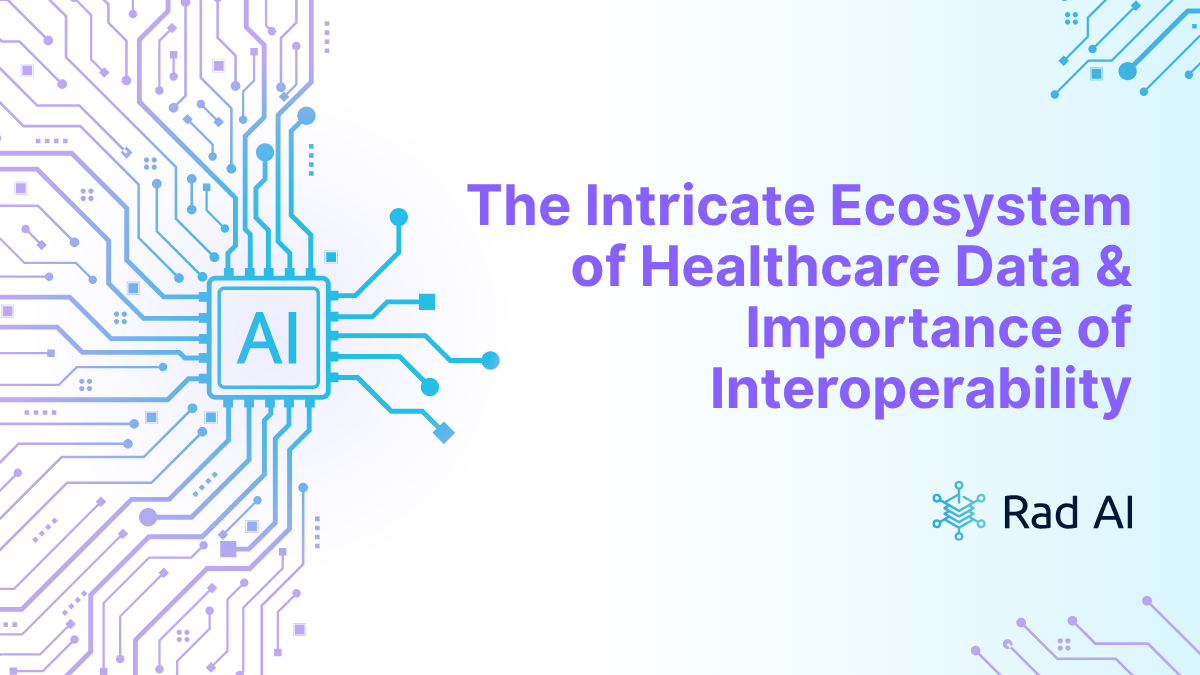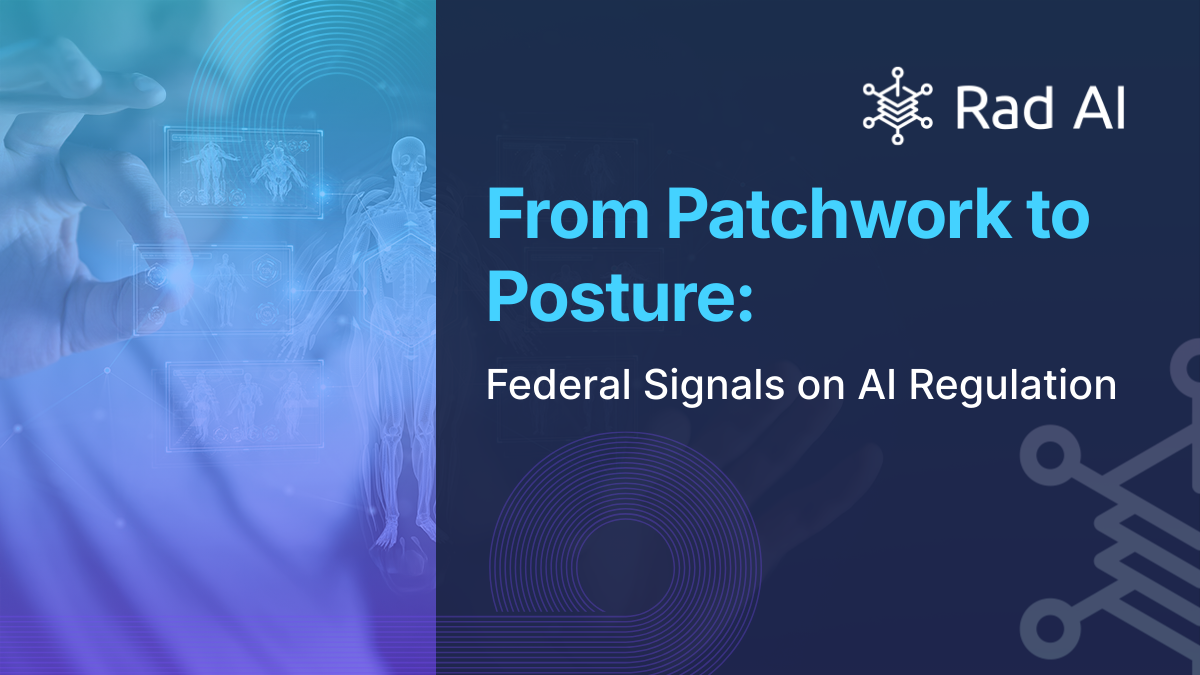The Intricate Ecosystem of Healthcare Data and Importance of Interoperability


The world of healthcare data entails a complex and highly intricate ecosystem, involving a fragmented landscape where different systems and applications struggle to communicate. A lack of seamless interoperability has generated a myriad of challenges, leading to workflow challenges and inefficiencies both for patients and providers. Today, given the advancements in technology, a new era of innovation is available to address these intricacies and pave the way for a more connected and efficient healthcare system.
Modernizing the Infrastructure
Achieving true interoperability requires a commitment to modernizing the underlying data infrastructure. Many enterprises are still heavily dependent on outdated legacy systems, many of which are often inflexible and ill-equipped to sustain the needs and modalities of modern data exchange. Cloud environments, which offer a flexible, scalable, and secure foundation for data storage and exchange, have since gained significant traction for this very reason: a means for legacy organizations to meet the modern age. One key aspect of this new infrastructure is the Fast Healthcare Interoperability Resources (FHIR) standard. Unlike older, more dictated standards, FHIR uses a modern web-based approach to organize complex data into easy-to-use "resources" (like Patient, Medication, and Condition). This is conducive for different applications to communicate more easily and share information via APIs, enabling real-time data exchange across the healthcare spectrum.
Advancing with AI and Secure Protocols
With new advances in artificial intelligence, a new frontier has emerged, entailing a novel open standard, the Model Context Protocol (MCP). This standard is specifically designed to address the security and integrity challenges of using AI across complex ecosystems; it acts as a secure intermediary, allowing AI models, including large language models (LLMs), to access and use clinical data without having direct, unfettered access to a database. MCP enables a controlled interface that defines what an AI agent can and cannot do, ensuring data security and preventing a model from generating false or "hallucinated" information. This standard paves the way for powerful, safe, and ethical AI-driven applications, such as automated clinical note-taking and advanced diagnostics, streamlines workflows, and ultimately impacts patient outcomes in a positive manner.
Why This Matters
Ultimately, these technical advancements enable true interoperability, which ultimately empowers healthcare providers with a complete, accurate view of a patient's history, enabling more informed decisions and reducing the risk of errors. For patients, it means greater autonomy over their health information and a seamless experience across different care settings. By breaking down data silos, there’s an opportunity to build a foundation for a future where healthcare is more personalized, efficient, and, most importantly, safer for everyone.





